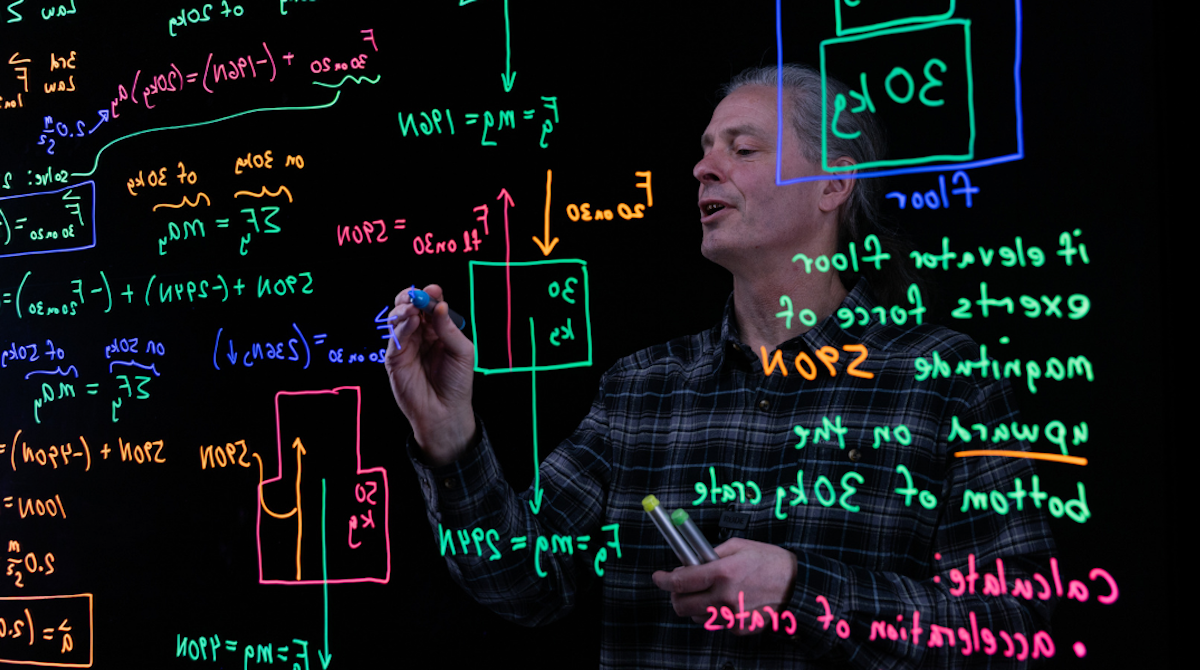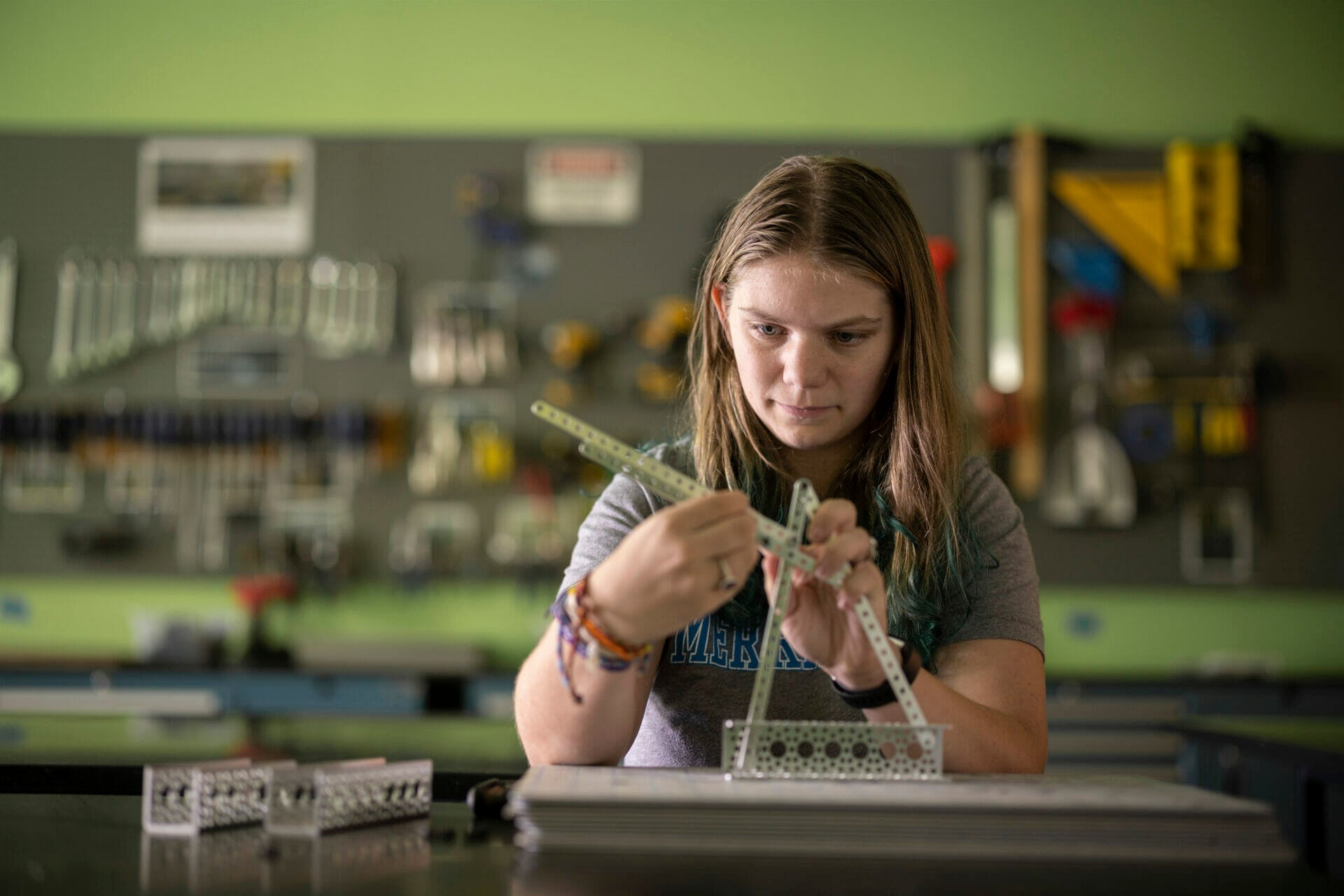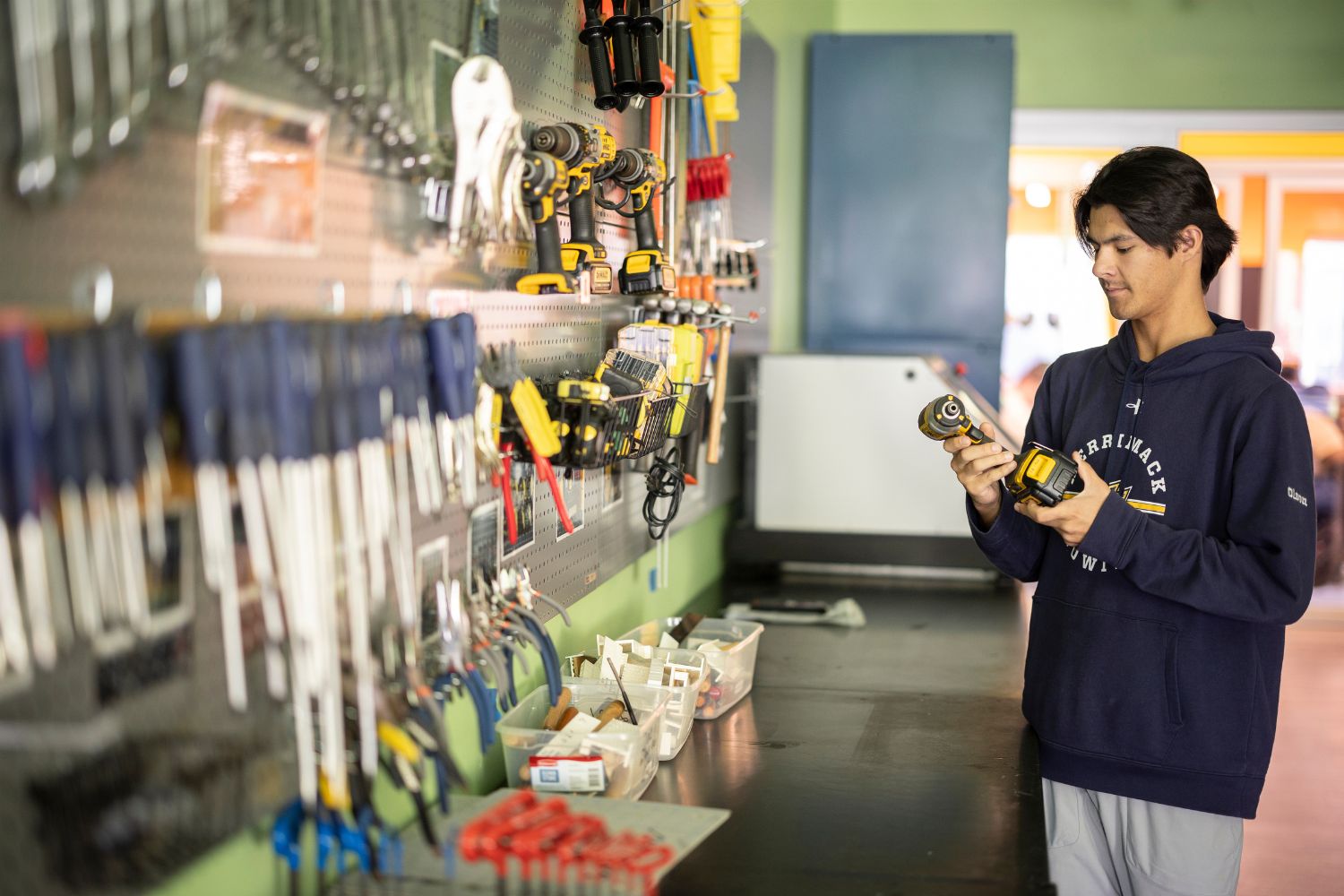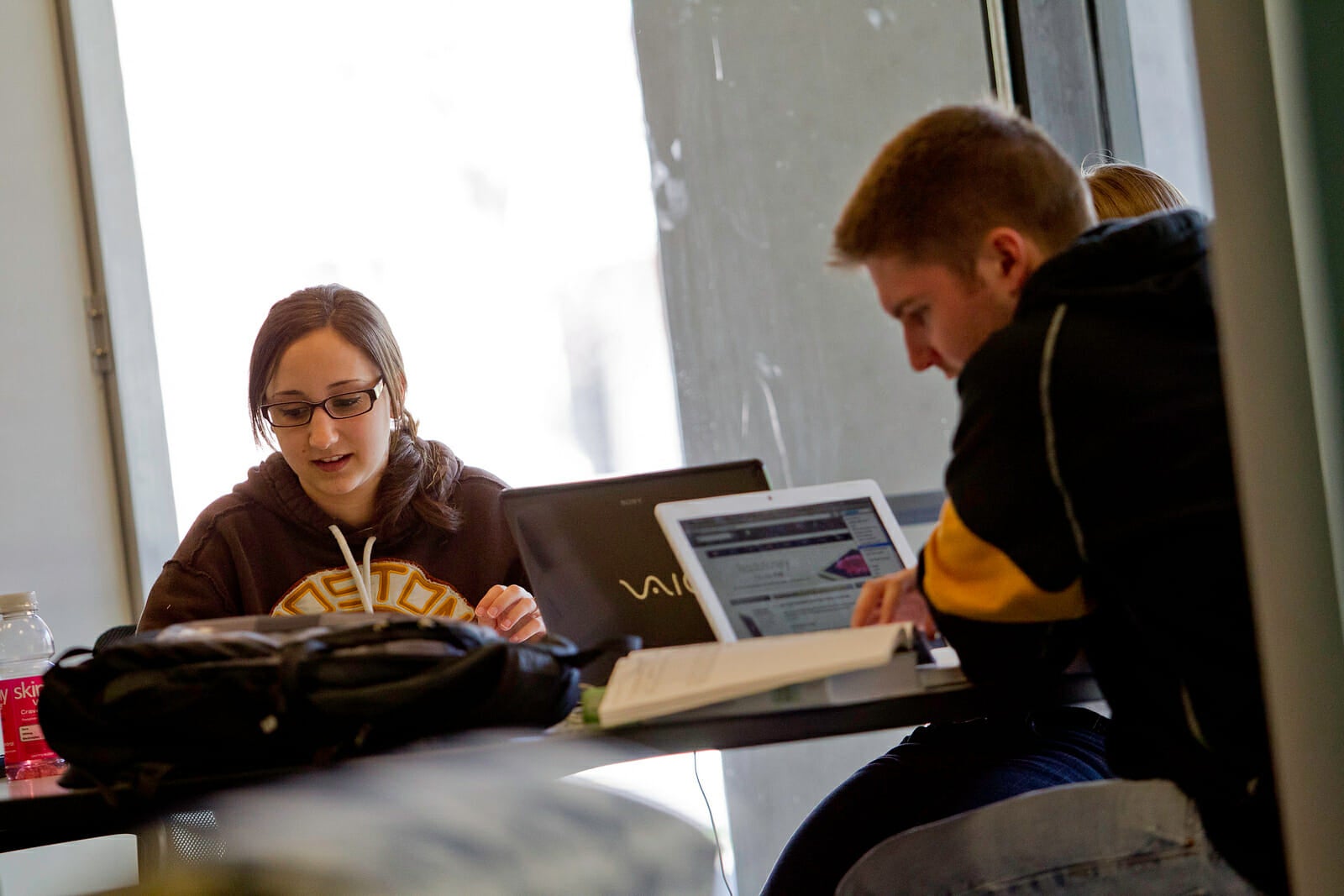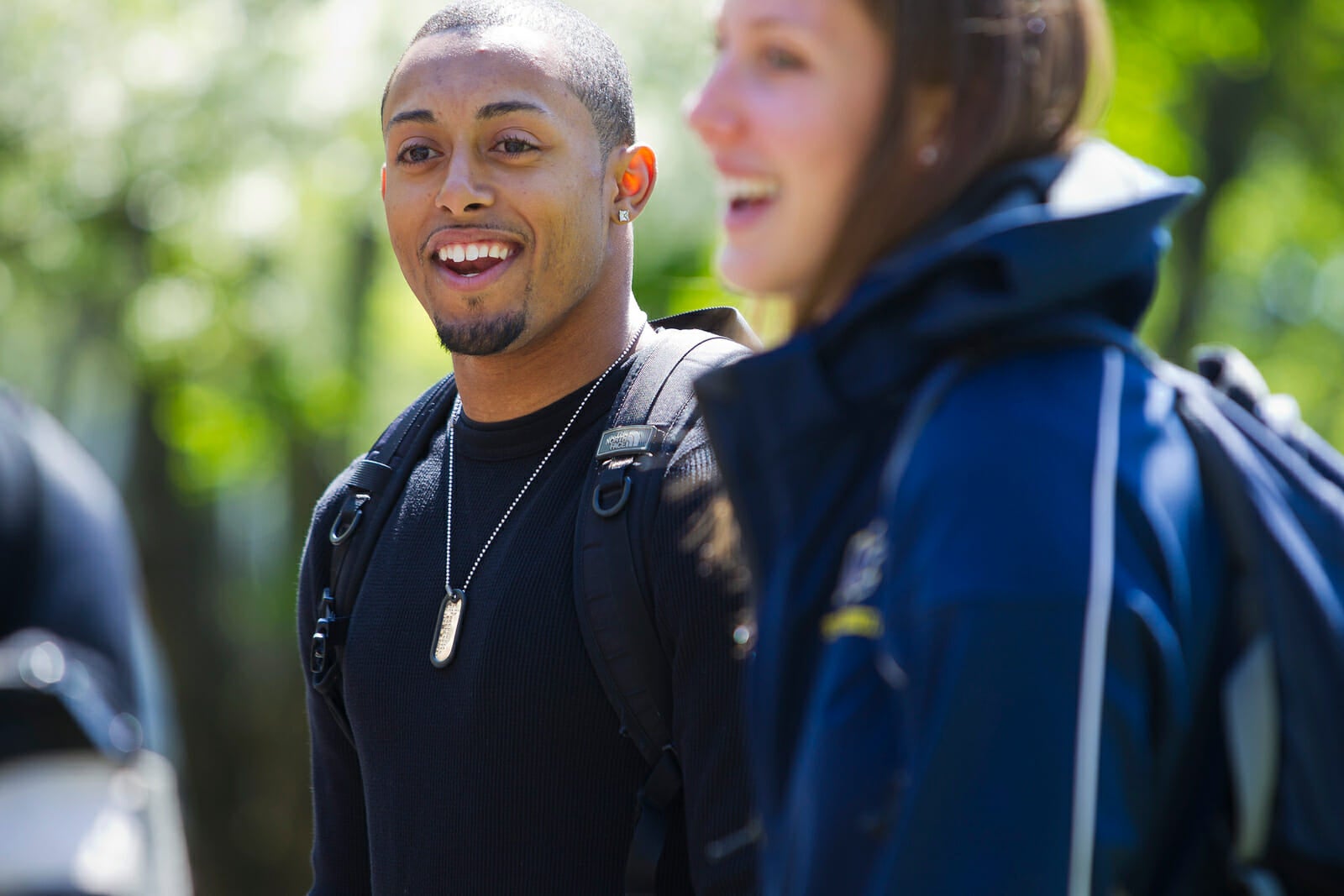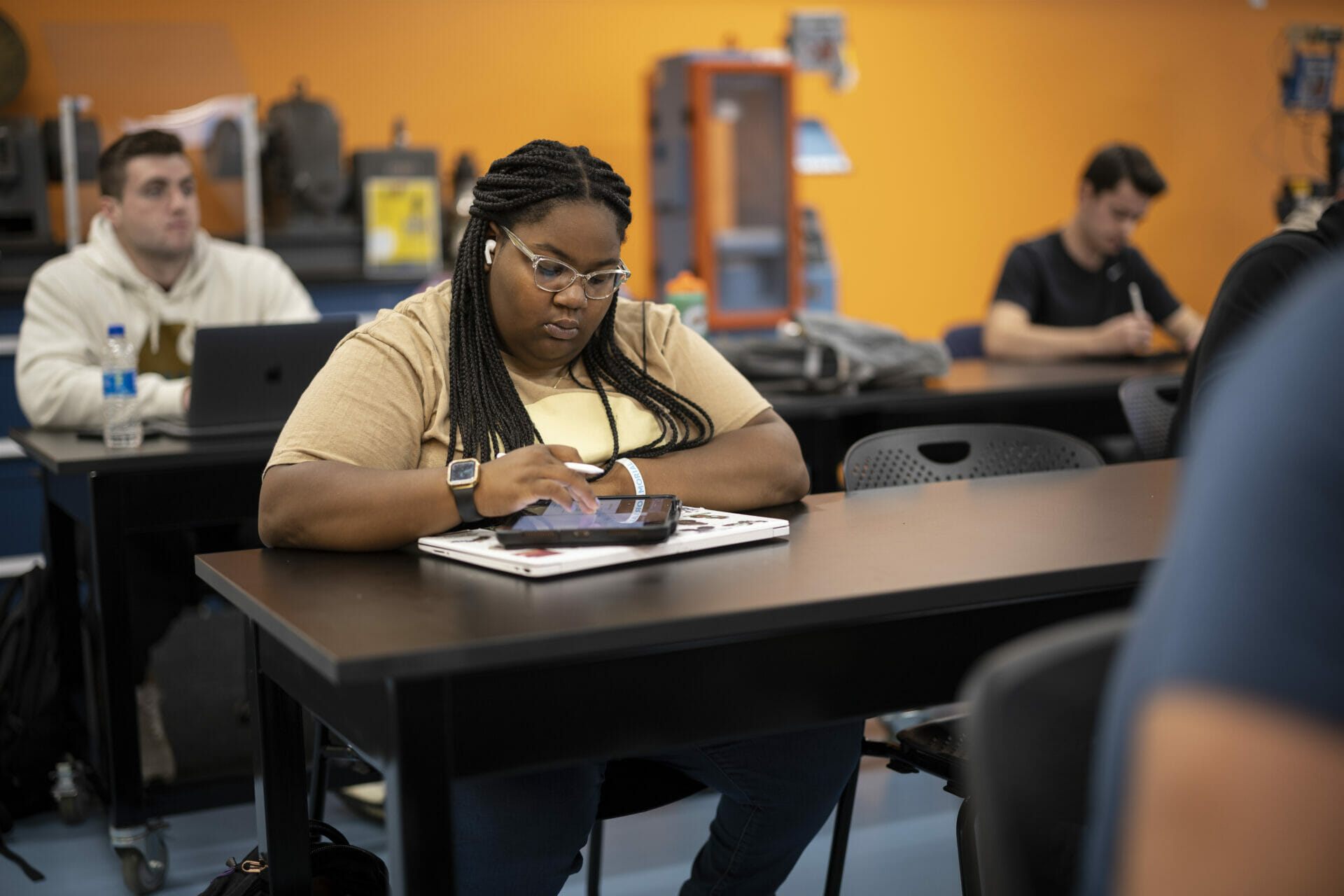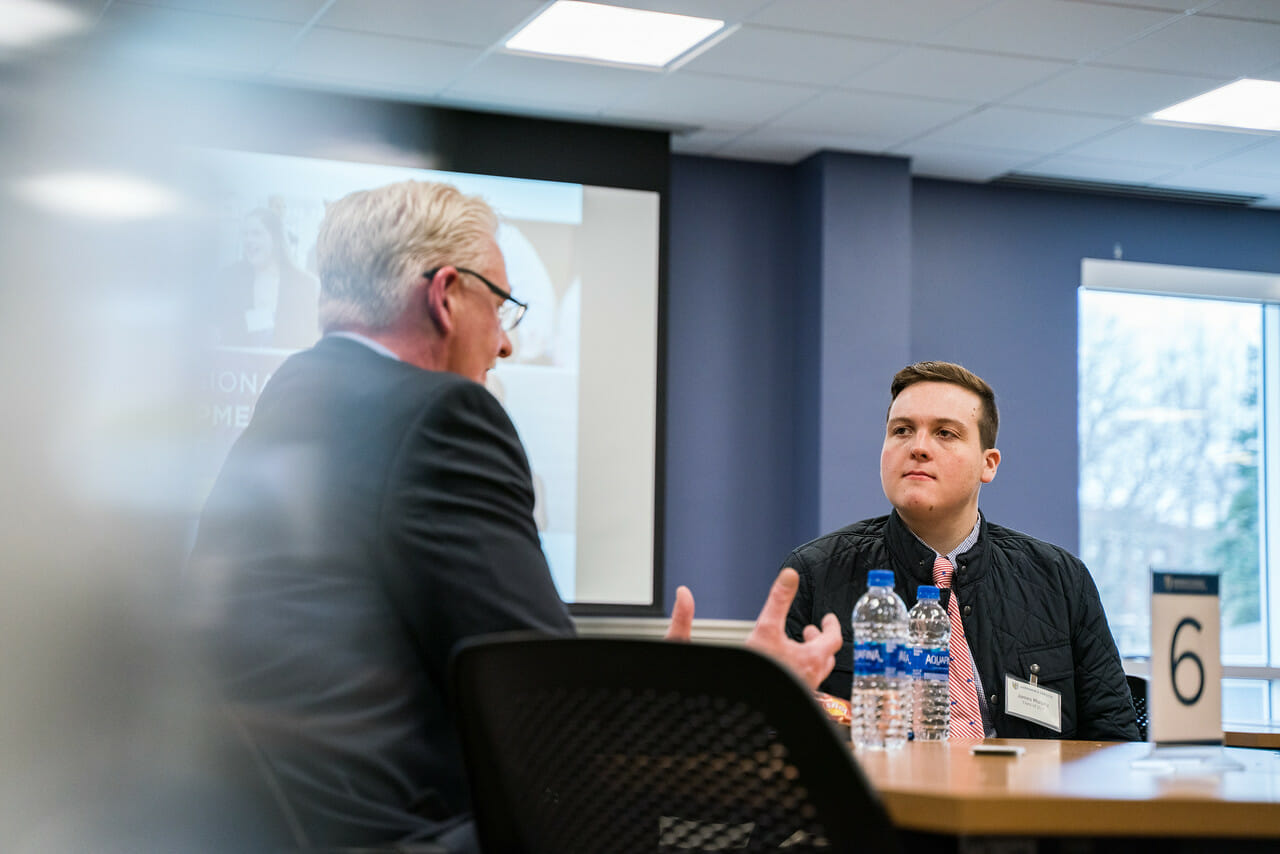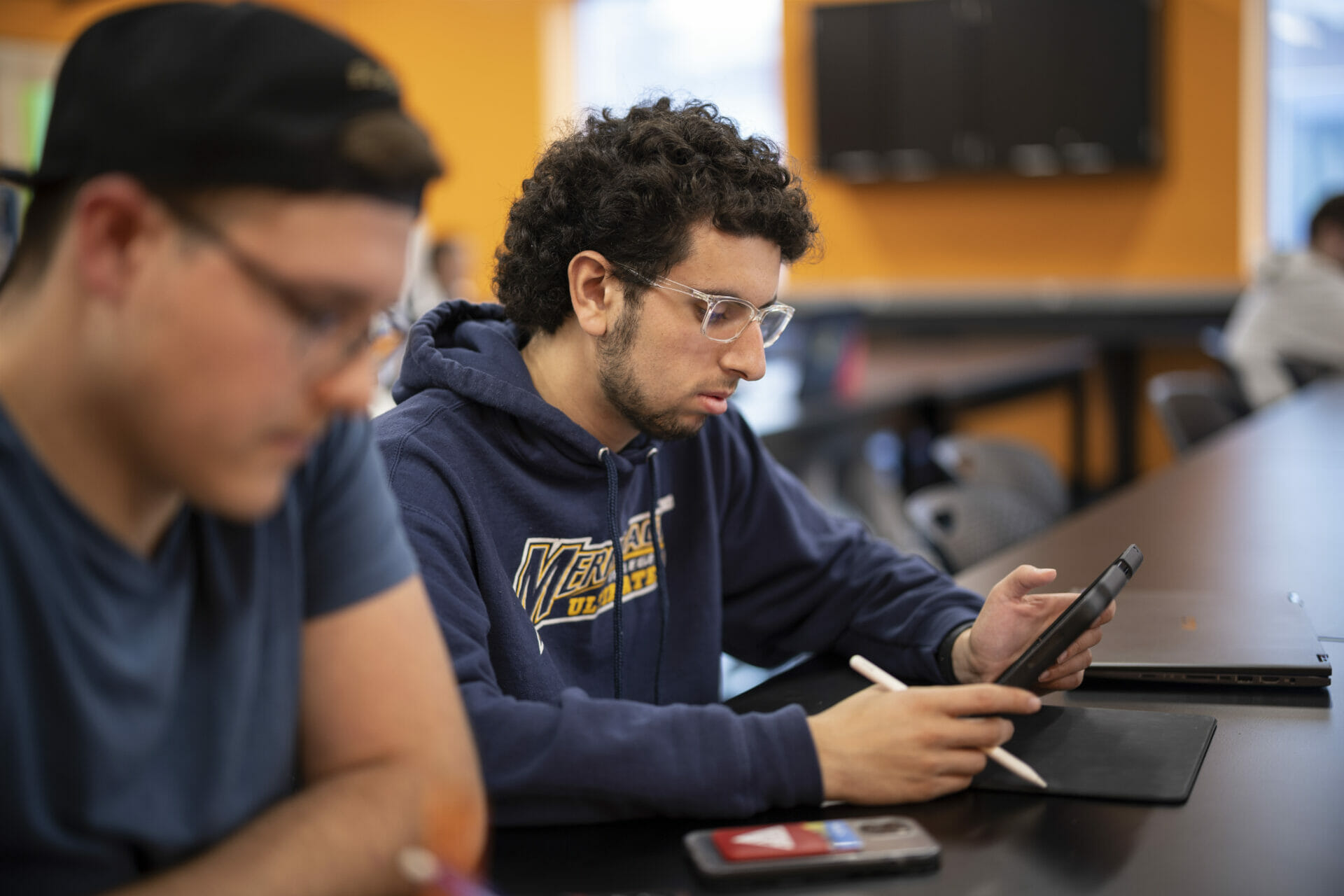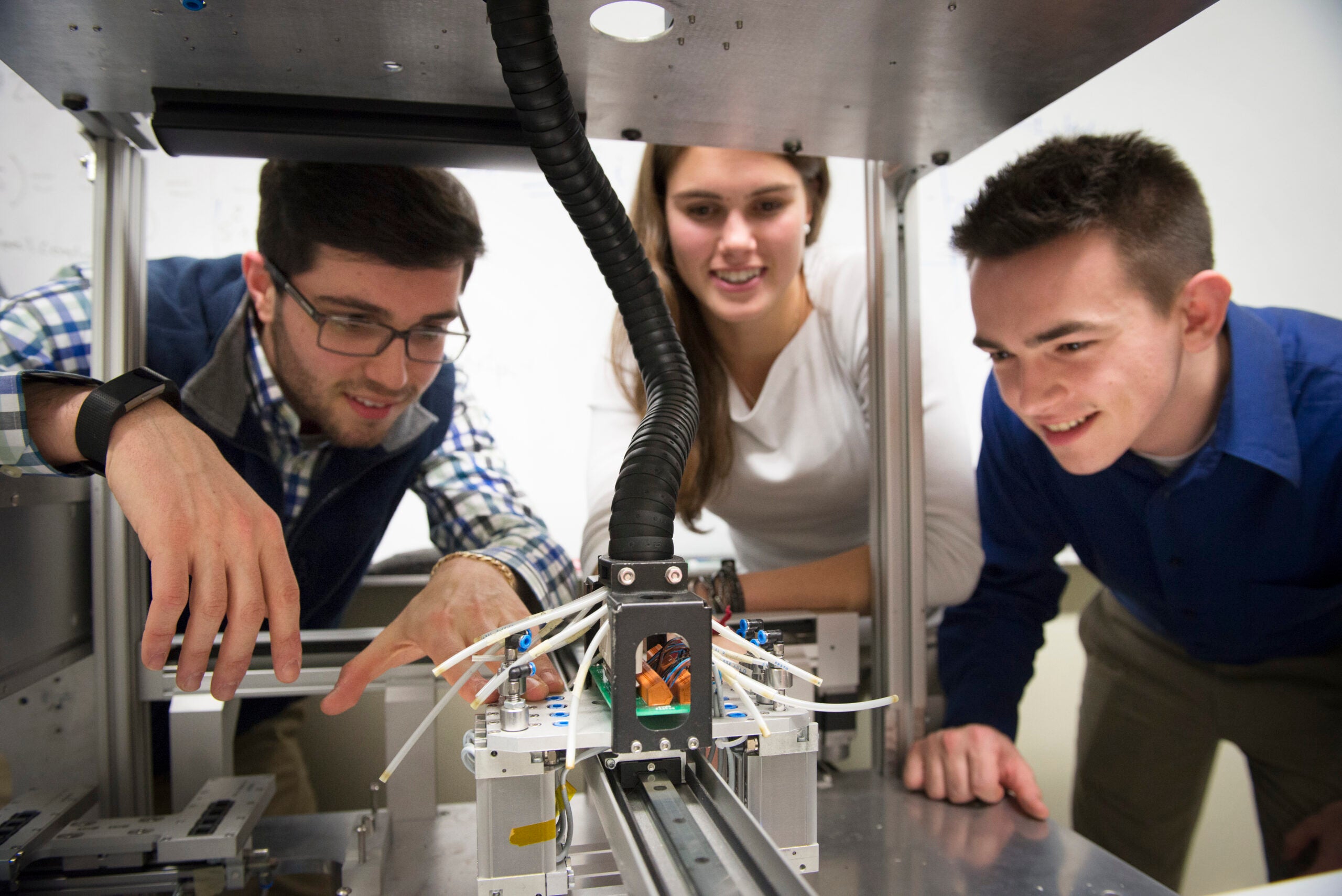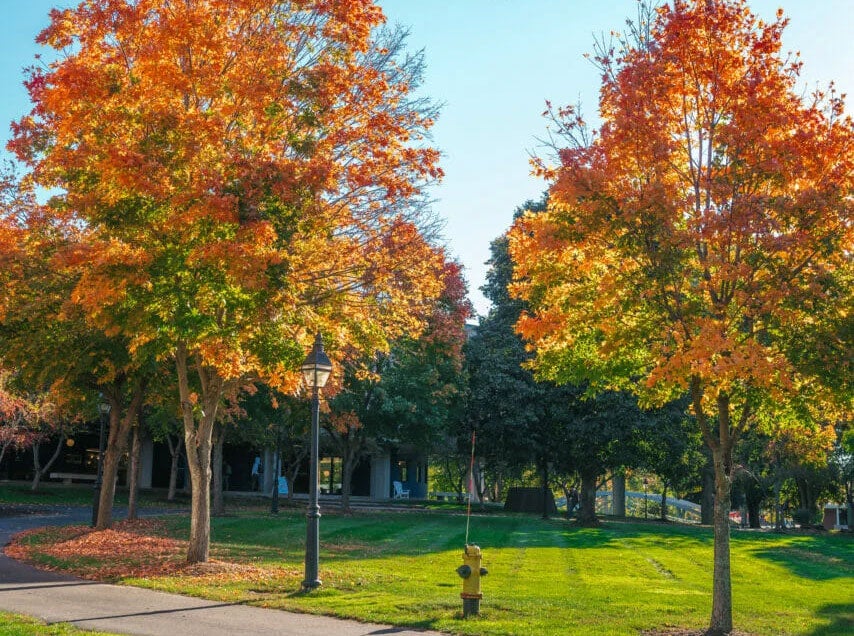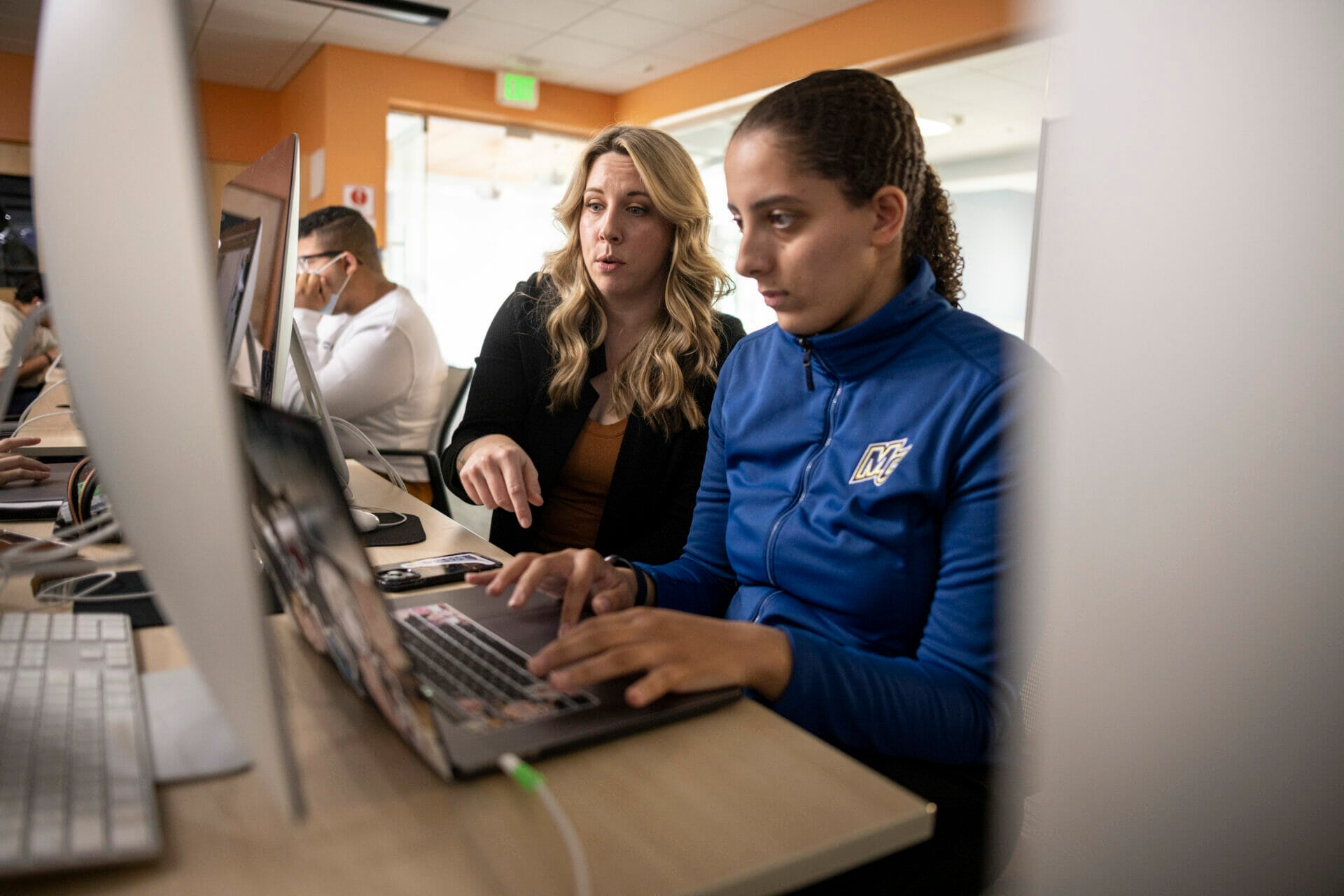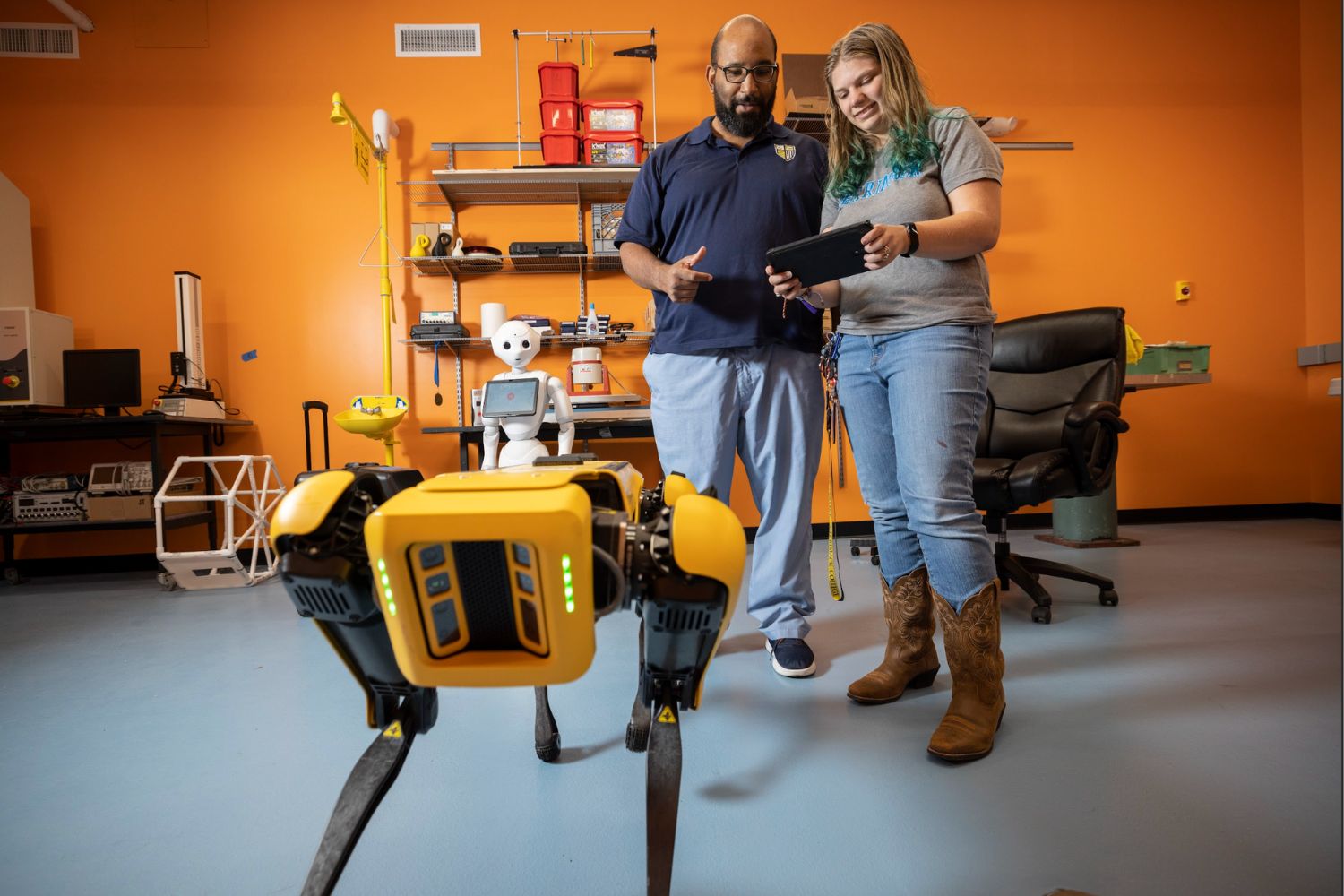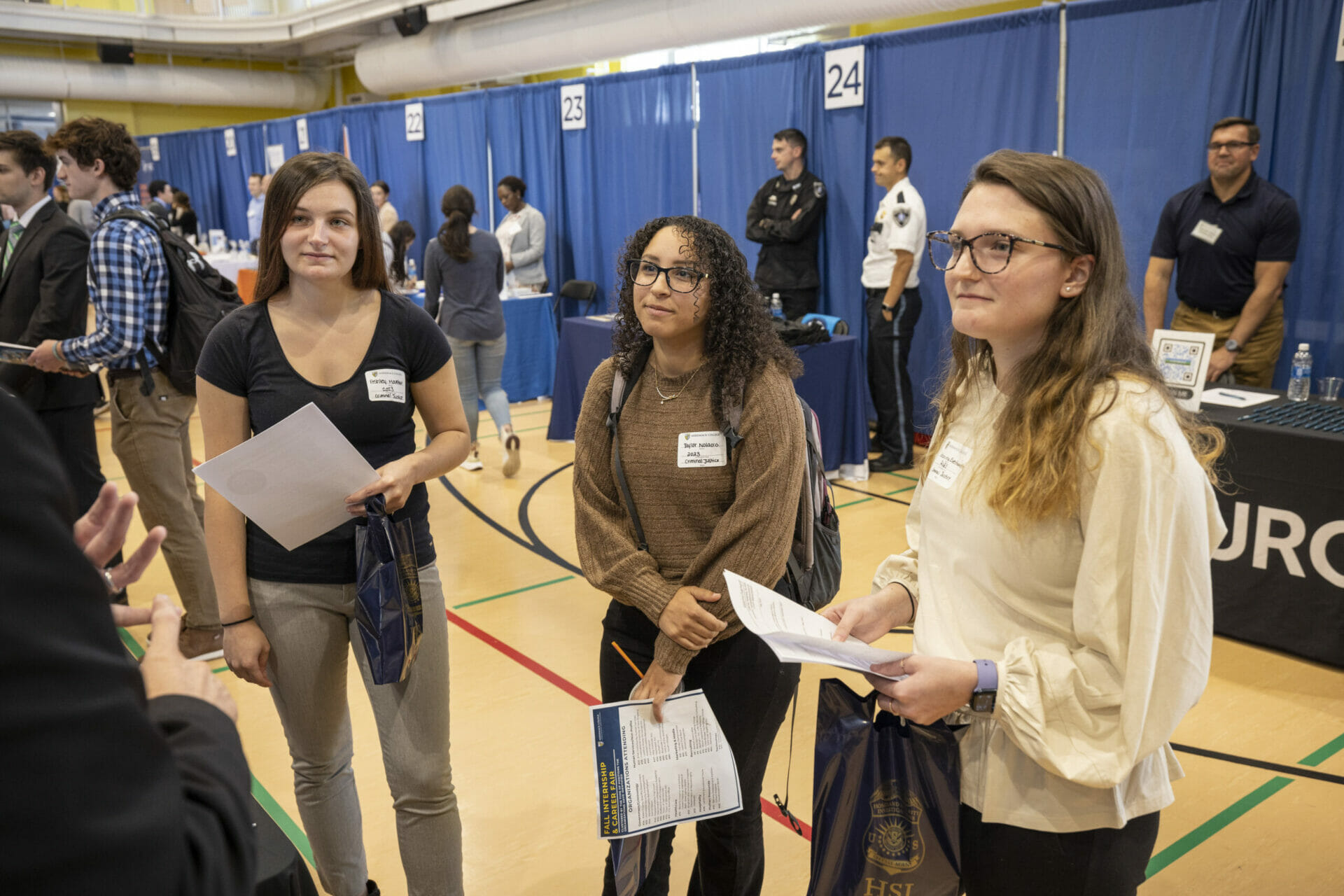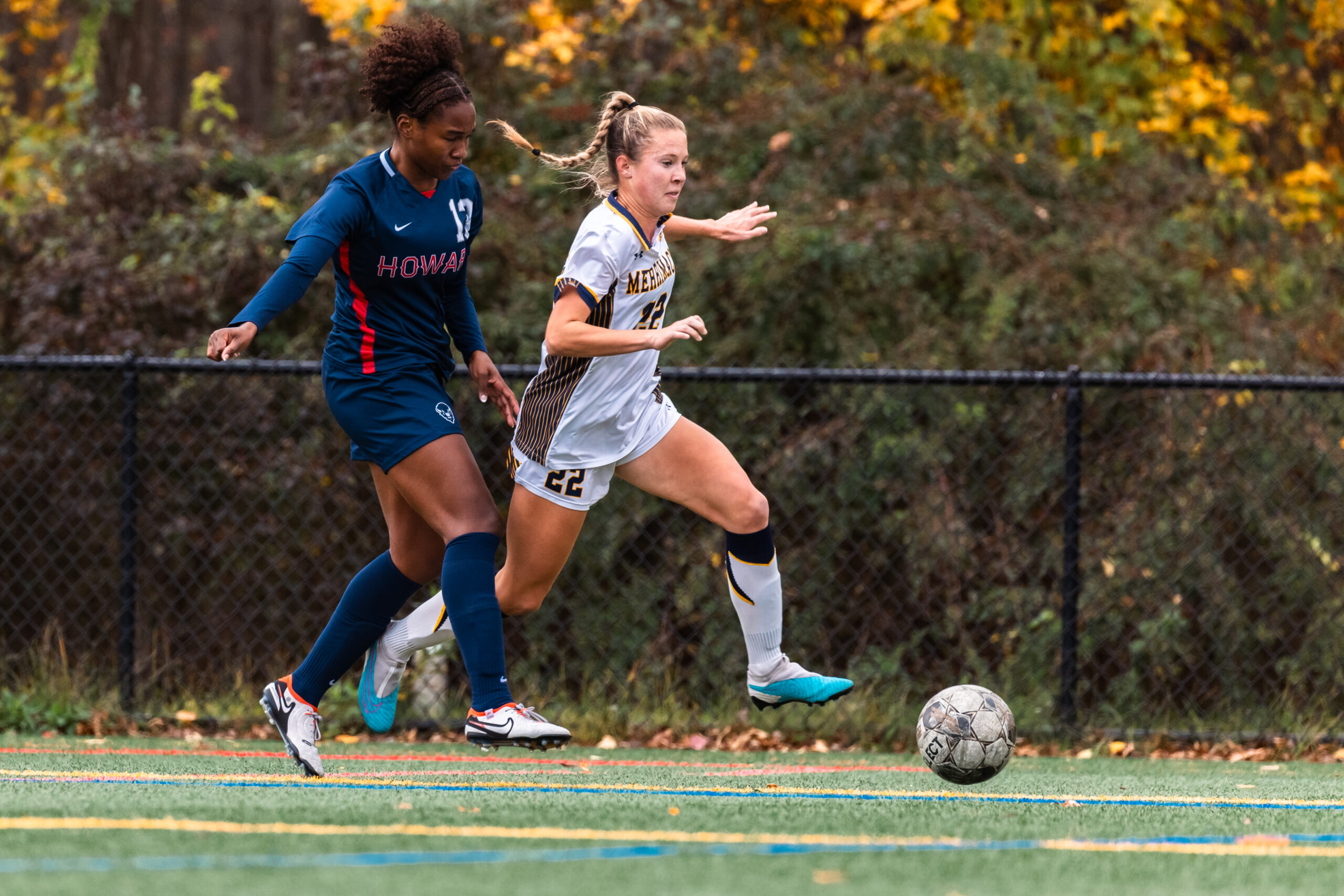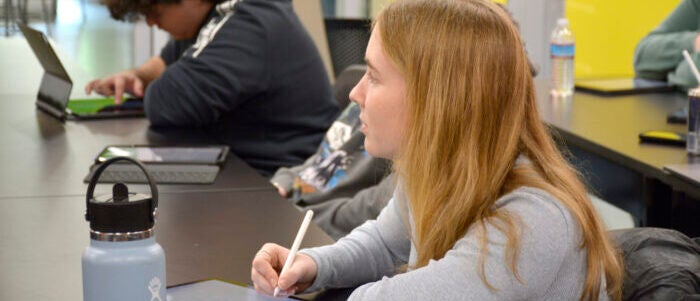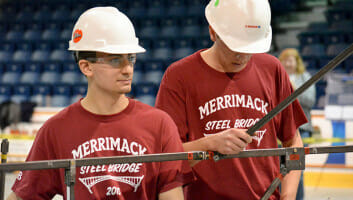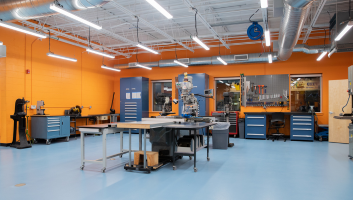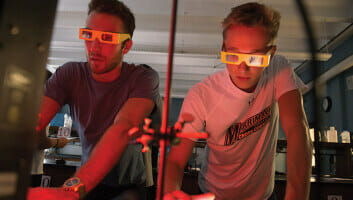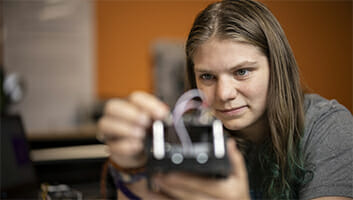Transforming Ideas into Real-World Solutions
Through the application of engineering, computer science and data analytics, our faculty foster a learning experience that integrates focused instruction, research, internships, fellowships and service.
You’ll benefit from Merrimack’s:
- State-of-the-art student facilities, including new structures and materials, geosystems, environmental testing and robotics labs – as well as makerspaces, fabrication and innovation workshops.
- Top online master’s programs in computer science and data science with tuition under $22,000 and tracks uniquely designed for career changers
- Best Undergraduate Engineering Programs (#86), US News and World Report
Nationally Ranked Engineering Program
#86
Merrimack College’s undergraduate engineering program ranks No. 86 among 230 programs by U.S. News and World Report.
Career Outcomes Rate
99% of the undergraduate class of 2022 in Engineering and Computational Sciences were either employed, participating in voluntary service, or continuing their education within nine months of graduation.
Student-Faculty Ratio
With a 13:1 student-faculty ratio, you’ll get to know your professors — experts who have literally been there and done that and want to help you do the same.
Graduate Programs
Northeastern University, Boston University, Tufts, University of Pennsylvania and Merrimack are just some of the graduate programs graduates are attending.
TOP HIRING & INTERNSHIP COMPANIES

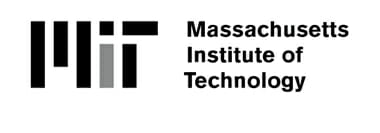

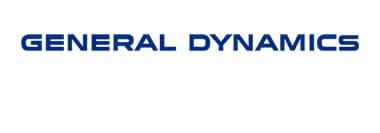

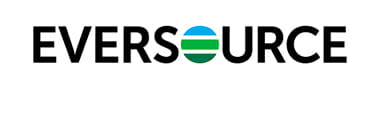
Award-Winning Faculty and Alumni
Civil Engineering Associate Professor Marc Veletzos and alumnus Christopher Cole ’04 were both recently recognized by the Boston Society of Civil Engineers.
Undergraduate Majors and Graduate Programs
The School of Engineering and Computational Sciences offers an extensive portfolio of undergraduate majors, minors, master’s degrees and graduate certificates. With online, hybrid and on-campus options, you’ll find a program that works best for you.
EXPLORE ENGINEERING AND COMPUTATIONAL SCIENCES
Explore all that the School of Engineering and Computational Sciences has to offer inside and outside of the classroom to tailor your experience to your unique needs, goals and dreams.
Students develop a concept for a scale-model steel bridge and work to compete at the national level against other schools.
Merrimack’s Center for Innovation and Research is designed to fuel collaboration, hands-on learning and research.
Science and Engineering Graduate Fellowships are highly competitive programs that enhance your professional skills and defray tuition costs.
Merrimack College is now a member of the nation's oldest engineering honor society program in the
ALUMNI SPOTLIGHT
“Earning my bachelor’s degree from Merrimack helped me secure my current position at MassDOT and further my career within the state.
Additionally, the superintendent of a previous contract I worked on was a Merrimack Alum as well, which provided a great connection and start to the working relationship.”
Kayleigh Manion ’22
Civil Engineering Major
EIT, Civil Engineer II, MassDOT
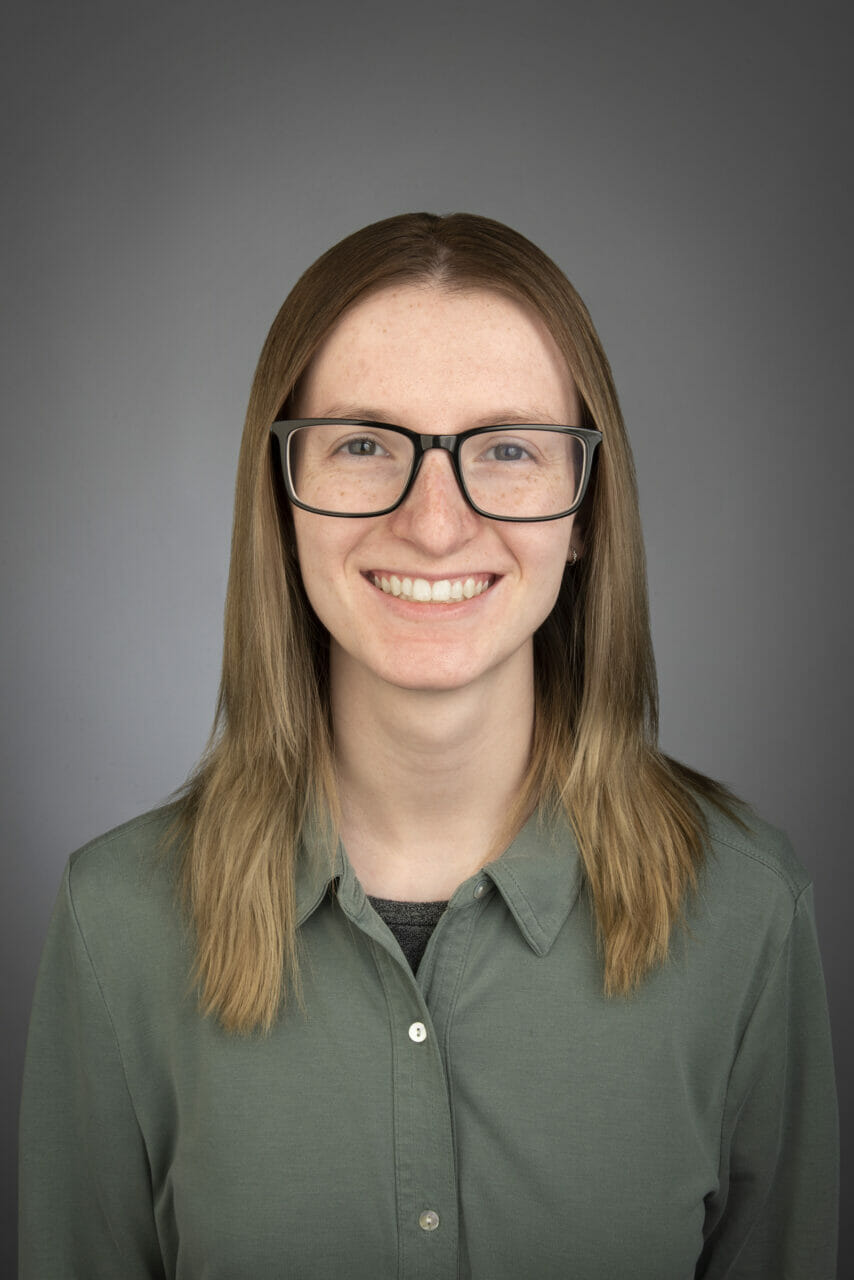
Student & Faculty Highlights
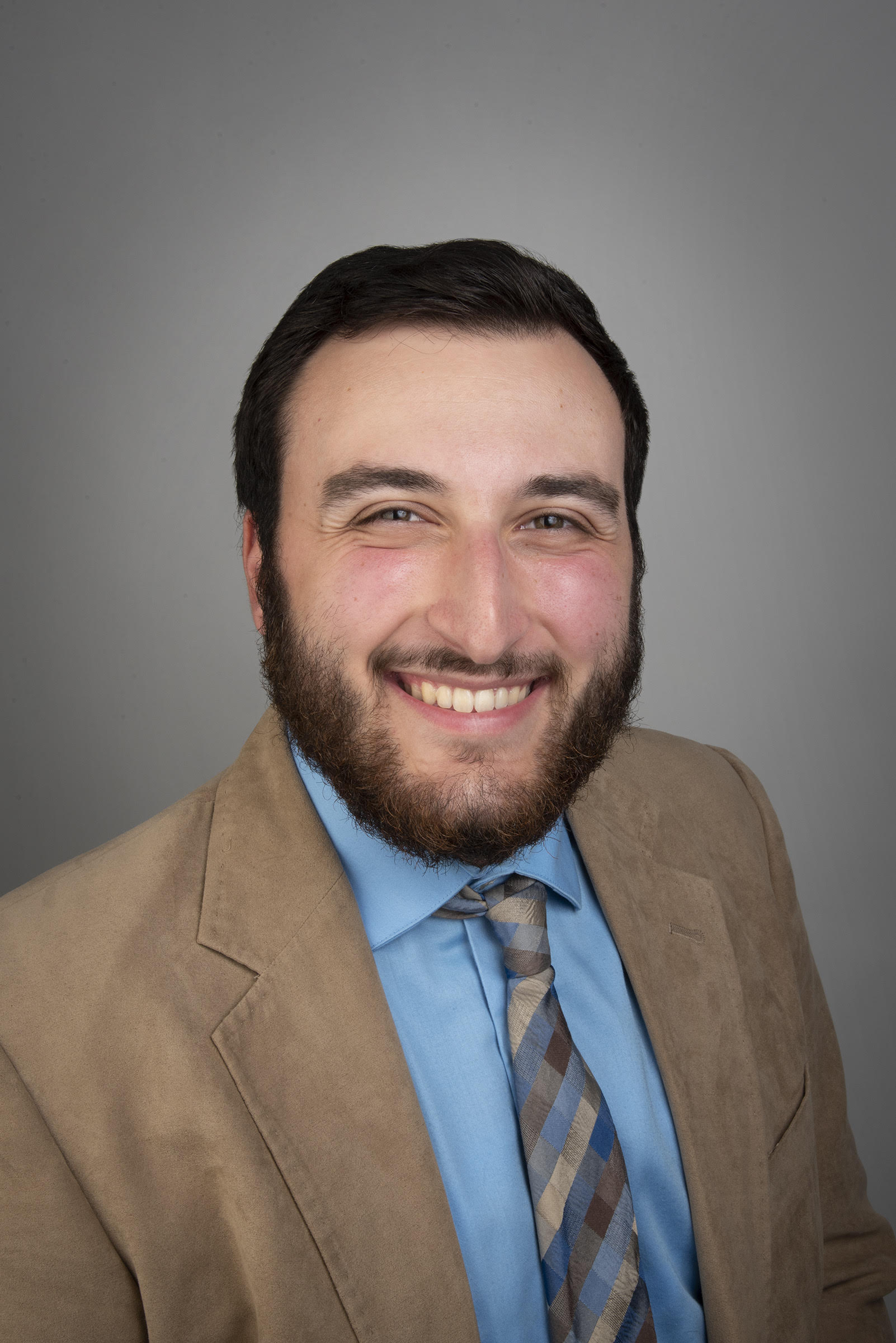
Undergraduate Student
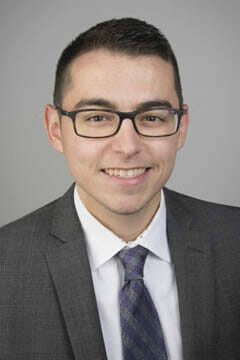
Graduate Student
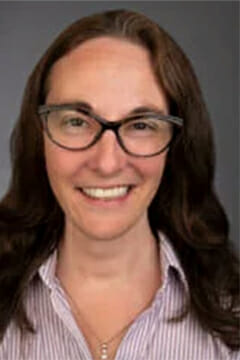
Faculty Member
Data Science
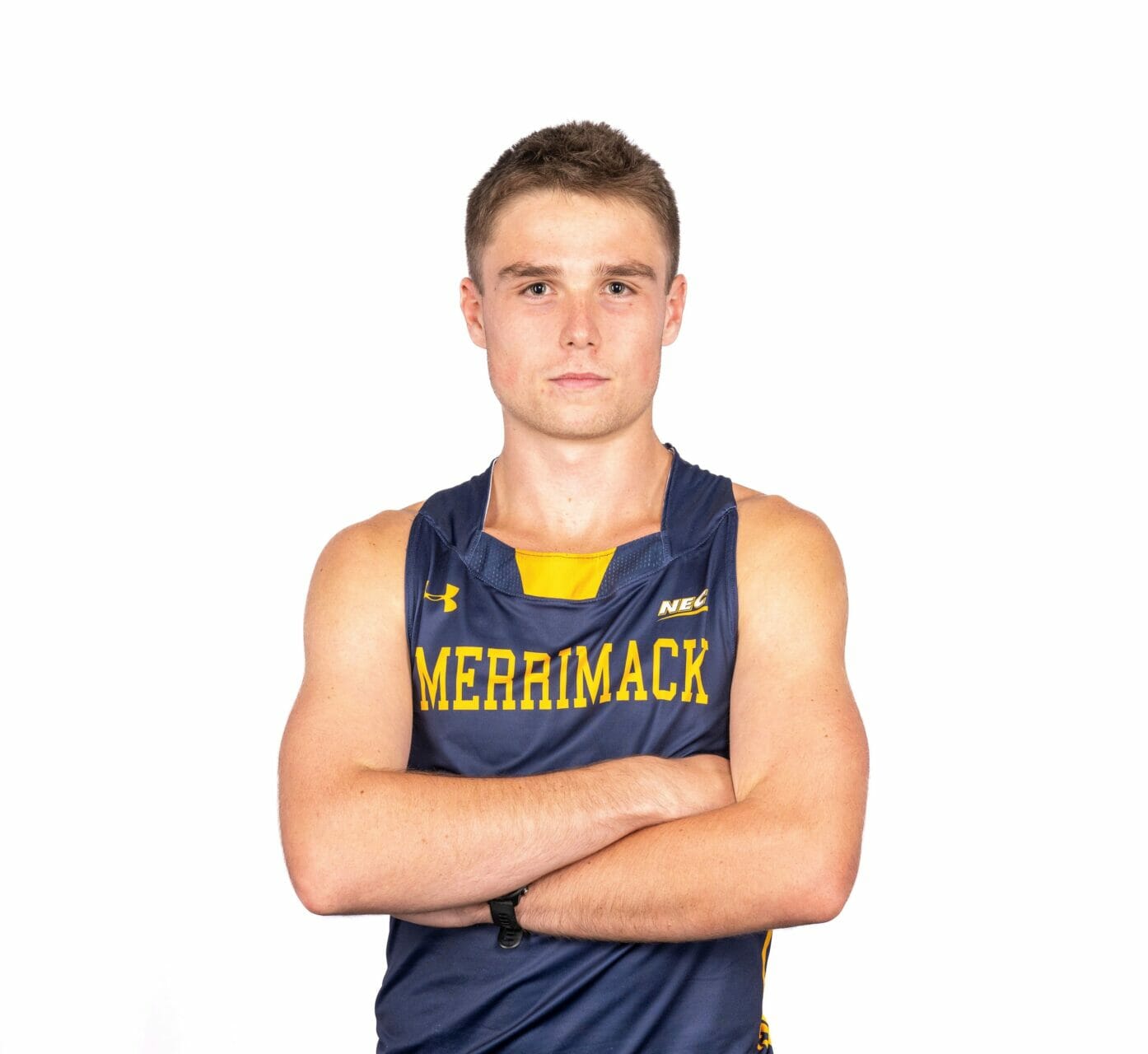
Undergraduate Student

Graduate Student
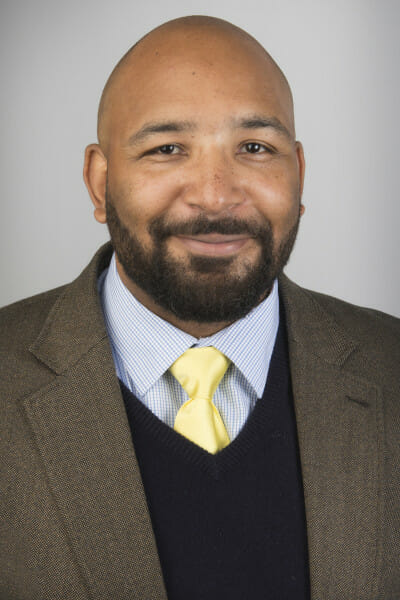
Faculty Member
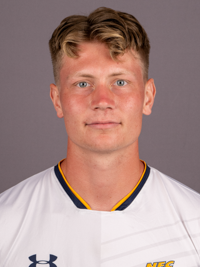
Undergraduate Student
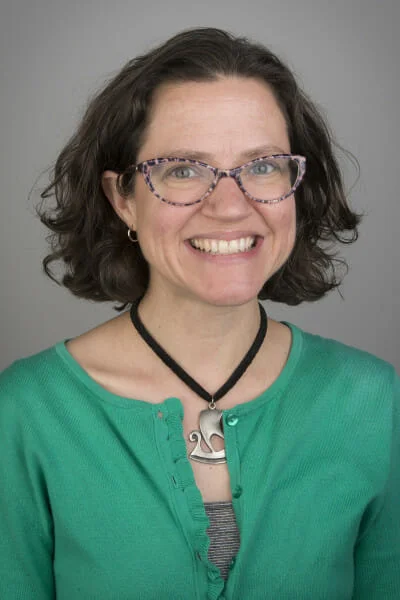
Faculty Member
Civil Engineering

Undergraduate Student
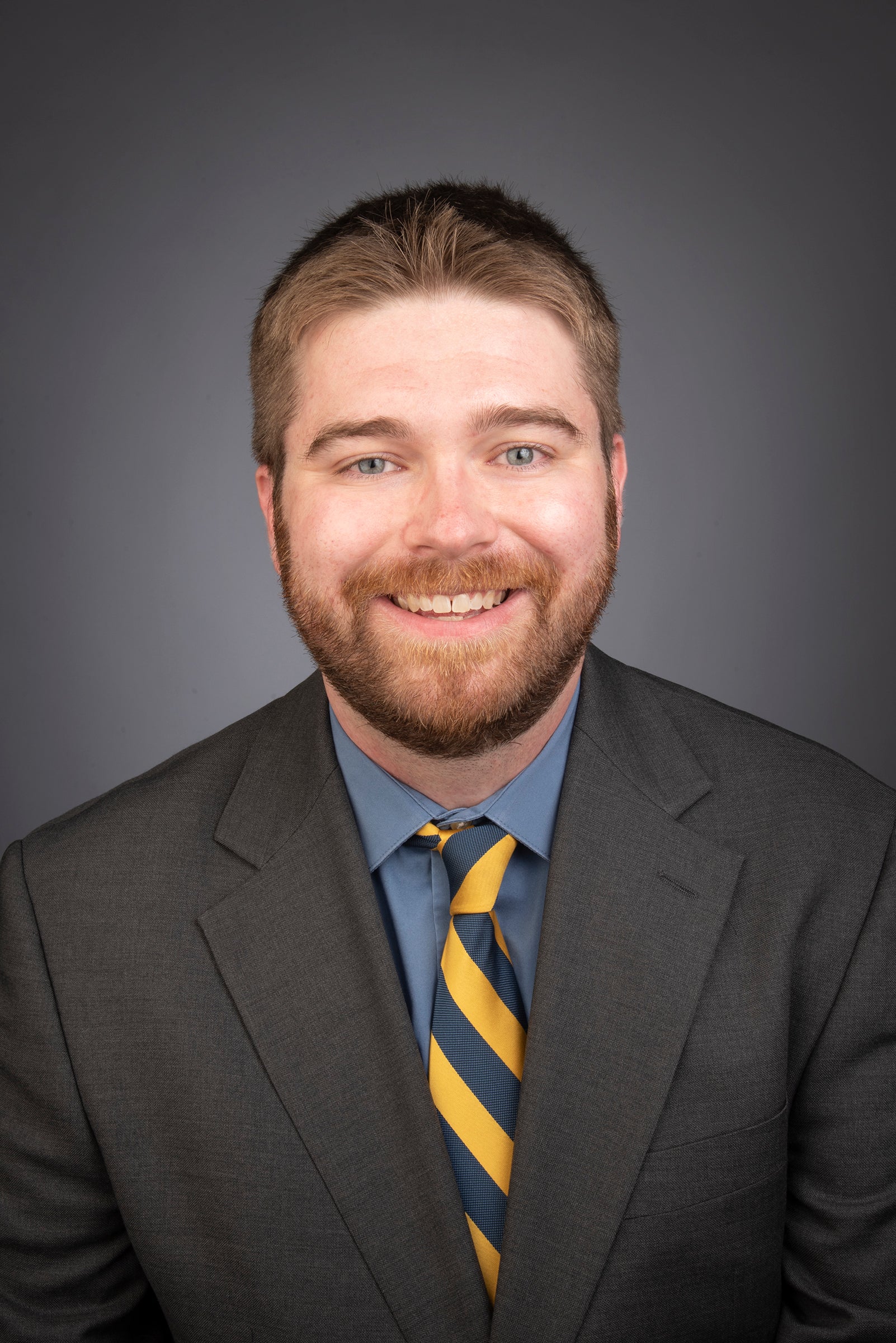
Faculty Member
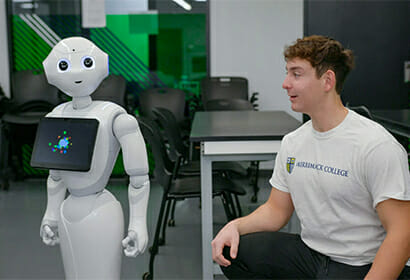
Get Involved: Clubs & Organizations
There are endless opportunities to get involved at Merrimack and right within the School of Engineering and Computational Sciences.
Gain different perspectives, put learning into action and learn from peers and faculty advisors through one of our School of Engineering and Computational Sciences clubs:
- iTEC – Innovation Through Engineering Computing
- American Society of Civil Engineering (ASCE)
- American Society of Mechanical Engineers
- Society of Women Engineers
- Women in STEM LLC
- National Society of Black Engineers (NSB)
SCHOOL NEWS
NOTABLE & QUOTABLE
Dr. James Kaklamanos, associate professor of civil engineering, was one of two earthquake engineers interviewed by Interesting Engineering on the multitude of buildings that collapsed in Turkey and Syria following the devastating earthquake.
